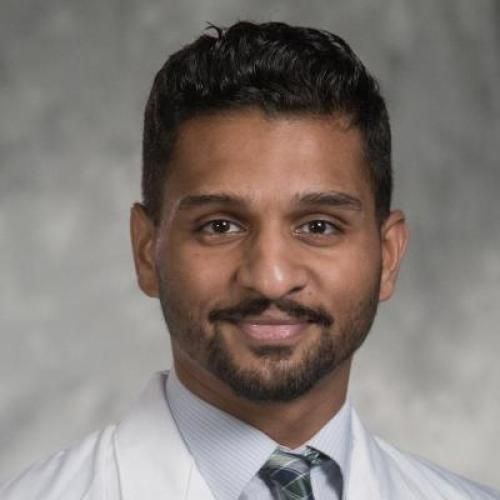
Defining the Value of Vascular Surgery Service at a Tertiary Academic Medical Center.
BACKGROUND: Vascular surgeons play a critical role in the functioning of a healthcare system. As a service line, vascular surgery not only performs its own complex operations but also provides support to other surgical specialties by assisting in the management of vascular-related complications. Previous reports have acknowledged the value of consulting vascular surgeons; however, these studies have primarily been limited to single-center series. In this study, we aim to contribute to the existing literature by sharing our experience and highlighting the financial value of consulting vascular surgeons at a large tertiary academic medical center. METHODS: Institutional electronic medical records were retrospectively queried for all operations performed by vascular surgeons from 2020 to 2022. Two separate procedural groups were identified. The first group comprised all surgeries where vascular surgery was listed as a co-surgeon for other surgical specialties. The second group comprised all surgeries where vascular surgery was the primary surgeon for service-level cases. Service-level cases were defined as operations resulting directly from (1) iatrogenic complications from other services, (2) consultations for traumatic injury, or (3) primary surgeon for nonvascular cases. The Centers for Medicare and Medicaid Services Physician Fee Schedule was used to calculate work relative value units (wRVUs) per primary procedure code. RESULTS: A total of 7,821 surgeries were performed with vascular involvement more than the study period. Of these, 726 operations (9.3%) were co-surgeon cases requiring intraoperative vascular assistance, from 109 surgeons across all 16 surgical specialties. There were no missing data. The most common specialties requesting vascular assistance included cardiac surgery (n = 247, 34.0%), orthopedic surgery (n = 152, 20.9%), and neurosurgery (n = 131, 18.0%). Total procedural wRVU for co-surgeon cases was 16,220, and total charges exceeded $77.5 million dollars. Vascular surgery served in a primary surgeon role in an additional 154 service-level cases (2.0%) resulting from 10 nonsurgical services. The most common service-level indication was iatrogenic vascular injury (n = 87, 56.4%), and most service-level cases required urgent or emergent surgery (n = 123, 79.9%). These procedures generated an additional 2,150 wRVUs and $1.1 million dollars in charges for the hospital system. Of all co-surgeon or service-level cases, 19.1% (n = 168) occurred after-hours and 10.3% (n = 91) occurred on a holiday or weekend. CONCLUSIONS: Vascular surgery is crucial to the operation of all surgical services and many nonsurgical service lines within an academic medical center. Apart from providing essential services for primary vascular diseases, the vascular surgery service line offers substantial financial benefits to the healthcare system through its consulting role. A considerable portion of operative consultations is performed under urgent or emergent circumstances, often necessitating surgical intervention outside regular working hours or on holidays/weekends. These findings have significant implications for assessing the value and compensation of vascular surgeons in today's healthcare landscape.
Duke Scholars
Published In
DOI
EISSN
Publication Date
Volume
Start / End Page
Location
Related Subject Headings
- Vascular Surgical Procedures
- Tertiary Care Centers
- Surgeons
- Retrospective Studies
- Relative Value Scales
- Referral and Consultation
- Humans
- Hospital Costs
- Cost-Benefit Analysis
- Cardiovascular System & Hematology
Citation

Published In
DOI
EISSN
Publication Date
Volume
Start / End Page
Location
Related Subject Headings
- Vascular Surgical Procedures
- Tertiary Care Centers
- Surgeons
- Retrospective Studies
- Relative Value Scales
- Referral and Consultation
- Humans
- Hospital Costs
- Cost-Benefit Analysis
- Cardiovascular System & Hematology





